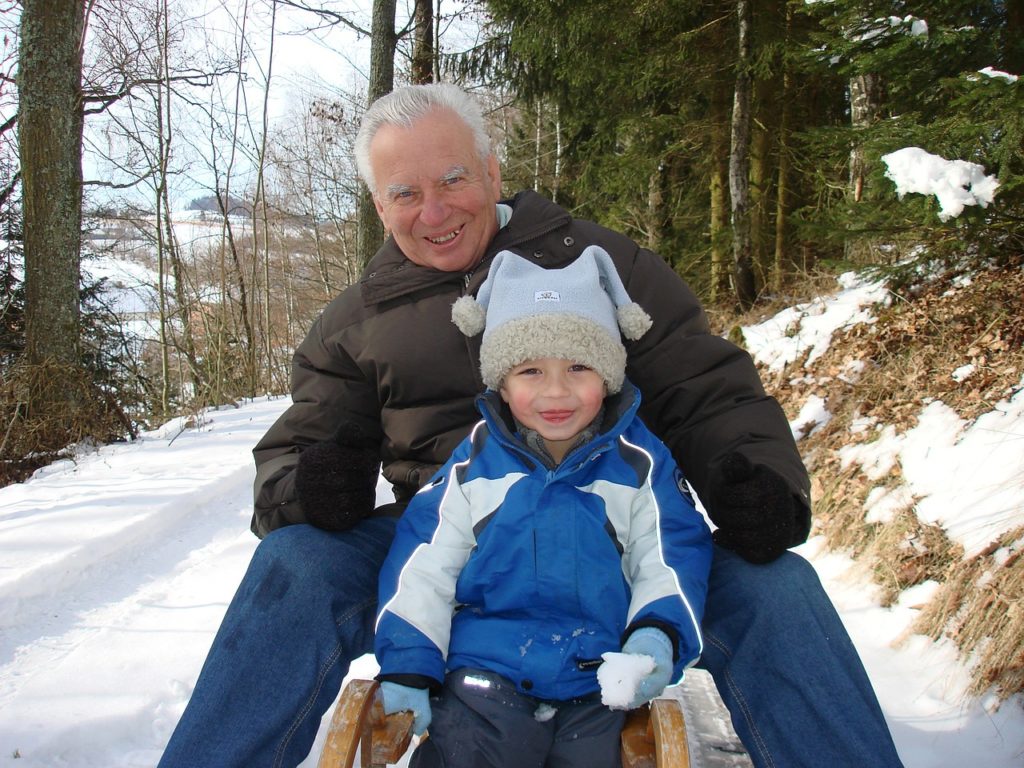
December 6th through the 12th marks National Influenza Vaccination Week, and that makes now a great time to get your flu shot in order to stave off a potentially harmful encounter with influenza. Seniors are not exempt from the flu, and should likewise get their flu shots so they can stay protected during the typical flu season. In addition, National Handwashing Awareness Week runs from December 5th through the 11th, and that makes this time of year good for calling more attention to the importance of personal hygiene and sanitation.
In Olive Branch and elsewhere around the country, people will be taking time to call awareness to both these critical health needs, so as to help everyone get through the colder months of the year. Senior home care professionals know how winter weather can bring on a number of undesirable health issues, and that’s why they make a point of keeping a close eye on their senior charges. Staying healthy throughout the winter is a matter of following some simple precautions that will help you avoid any kind of medical issues during the cold season.
Preparing the home
Even if you or your senior loved one don’t get out much during the winter, there’s no guarantee that you’ll enjoy good health throughout the winter, because you can still become ill if your home isn’t prepared for the season. To ensure that you’re ready for winter’s worst, make sure that your home has appropriate weatherstripping around doors and windows, and have a furnace tune-up performed, so you’re sure it’s ready for the season. The worst-case scenario might be having your furnace go belly-up on you during a really cold period of weather. Also, make sure you have fresh batteries in your smoke detectors and carbon monoxide detectors because both of these can prevent devastating situations from occurring in your household.
Emergency readiness
Probably the worst thing that could happen to your home during the wintertime is to have a prolonged power outage. Make sure you have an alternate heating source available to get you through a time of no power, for instance by using space heaters around the house to heat individual rooms. Keep an emergency kit on hand that is stocked with all the necessities you might need for a brief emergency, e.g. flashlights, a First Aid kit, sand or cat litter for icy surfaces, and bandages in case someone becomes injured. Make sure any generators you have in use are situated at least 20 feet away from the home and make sure you have plenty of fuel for the generator, in case it becomes necessary to use it on an extended basis. Always have a phone number handy for your doctor’s office or the local hospital, just in case something drastic occurs.
Traveling tips
You should avoid all travel when bad weather is forecast for any areas you’ll be driving through because you won’t want to get caught in a snowstorm or in whiteout conditions that make driving hazardous. If you do get caught in bad weather, there are some important steps you should take to keep safe. Get anything you might need from the trunk, and keep it in the passenger area where it’s more accessible. Wrap up your entire body in a blanket, so as to preserve body warmth as long as possible.
Stay awake and keep moving as much as possible. Even if you are confined to your vehicle, keep your arms, hands, and legs in motion as much as possible, because this will help to ward off the effects of cold air and possibly help to avoid frostbite as well. Run your car for 10 or 15 minutes each hour, providing enough heat to keep passengers warm, without draining all the gas quickly from your vehicle. Also, make sure that snowdrifts are not blocking the exhaust pipe because that can cause carbon monoxide to back up into the passenger area.
Outdoor safety and health tips
It’s always best to dress in layers during winter weather, so whenever you and your senior loved one are out and about, make sure that you’re both wearing several layers to insulate you. Mittens, scarves, and hats are important gear to protect against the cold – remember that your senior parent is a bit more vulnerable to cold than you might be, and they will require more protection.
If any snow or ice has formed on your sidewalks or driveways, be sure to sprinkle sand or cat litter on these patches, so no one slips and falls. If your parent were to fall outside, the consequences could be serious for their health. When you’re involved in any outdoor activities or tasks, it’s advisable to work slowly and to take regular breaks, because you’re not always aware of how your body’s energy level is being depleted by cold weather.
